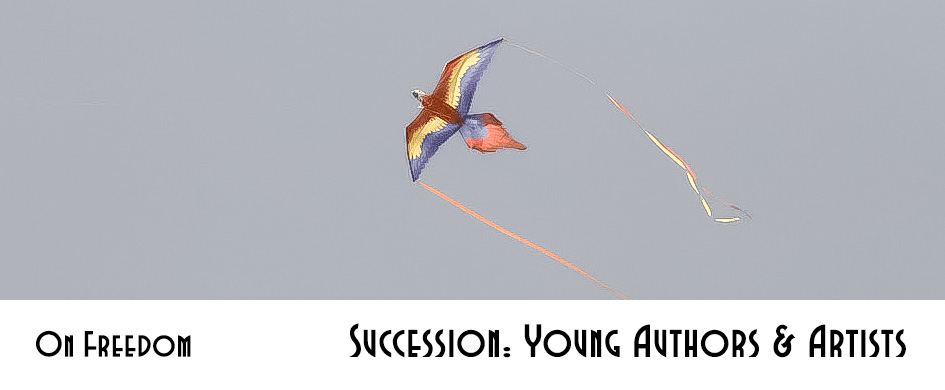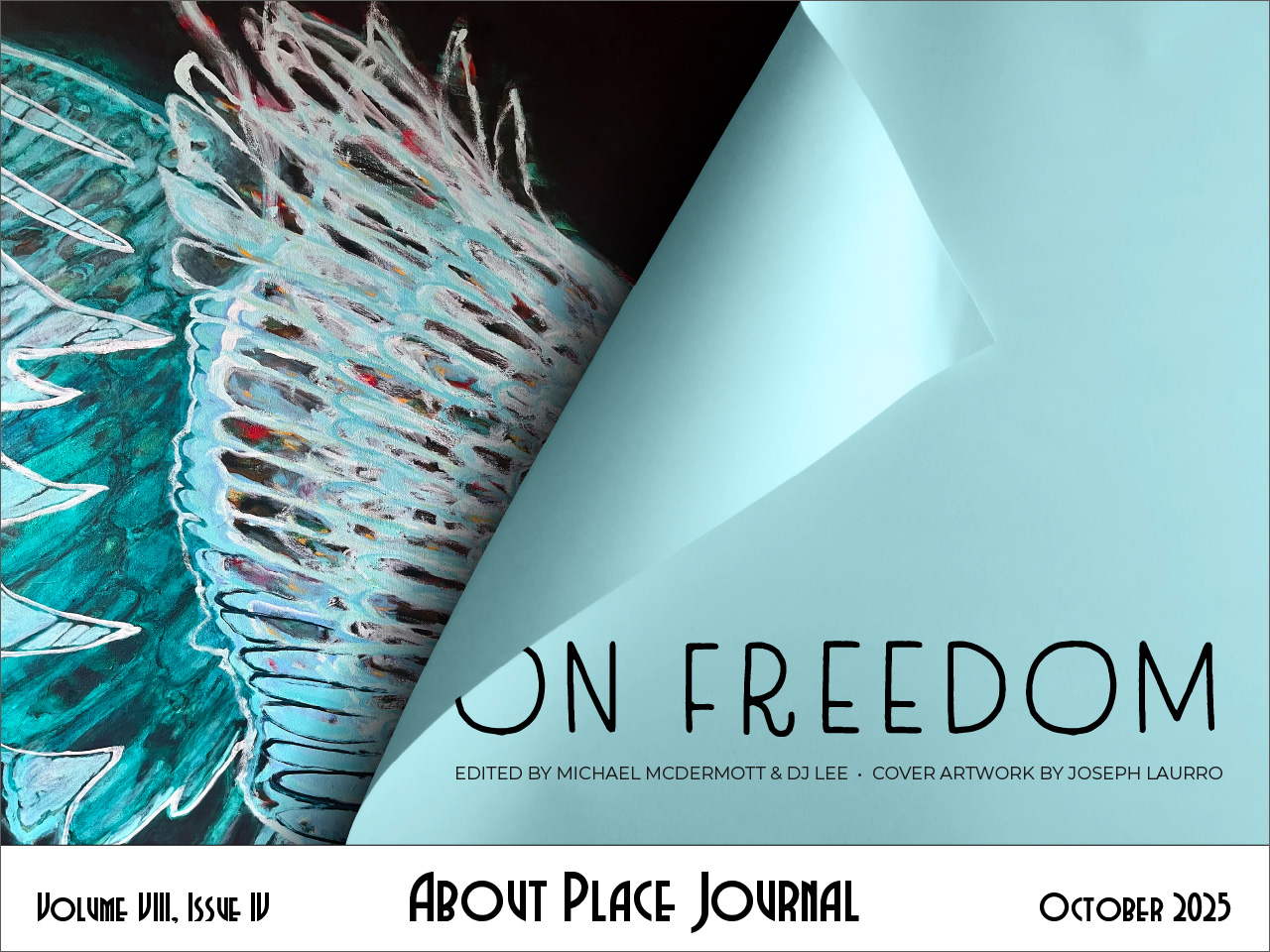Our history is a blank paper full of blots,
so many we could never count.
It has been some time since the last one of them left,
the trains still return with bodies
of the ones who had boarded breathing,
comforted with the thought
of coming home. What killed them?
The names of gods, now dead gods.
The faces that are recognised ask
whether this is what freedom costs.
The unrecognised faces are still, white
with questions none – not one – of us
understands anything of; perhaps also with the tales
of a left-behind home,
its face
changed.
In strange land, their memory must become stranger,
even in similar, somewhat recognisable faces.
Some of their ancestors must have lived here once.
Their children might never live where they lived,
or
where they come to live.
A home of all things
never leaves being in a memory.
Every time the last of the bodies
comes out of the train,
bone cracking
from heat,
smoke fills the sky,
even in the neighbouring cities;
the train cleared of deathsmears, readies
to take people home, again,
alive from this end.
At shrines, people pray for their loved ones
to reach
safe.
This is what the living do.1
Nothing ever changes.
1 “I’ve been thinking: This is what the living do.” — Marie Howe, What the Living Do (from What the Living Do, W. W. Norton, 1998)


